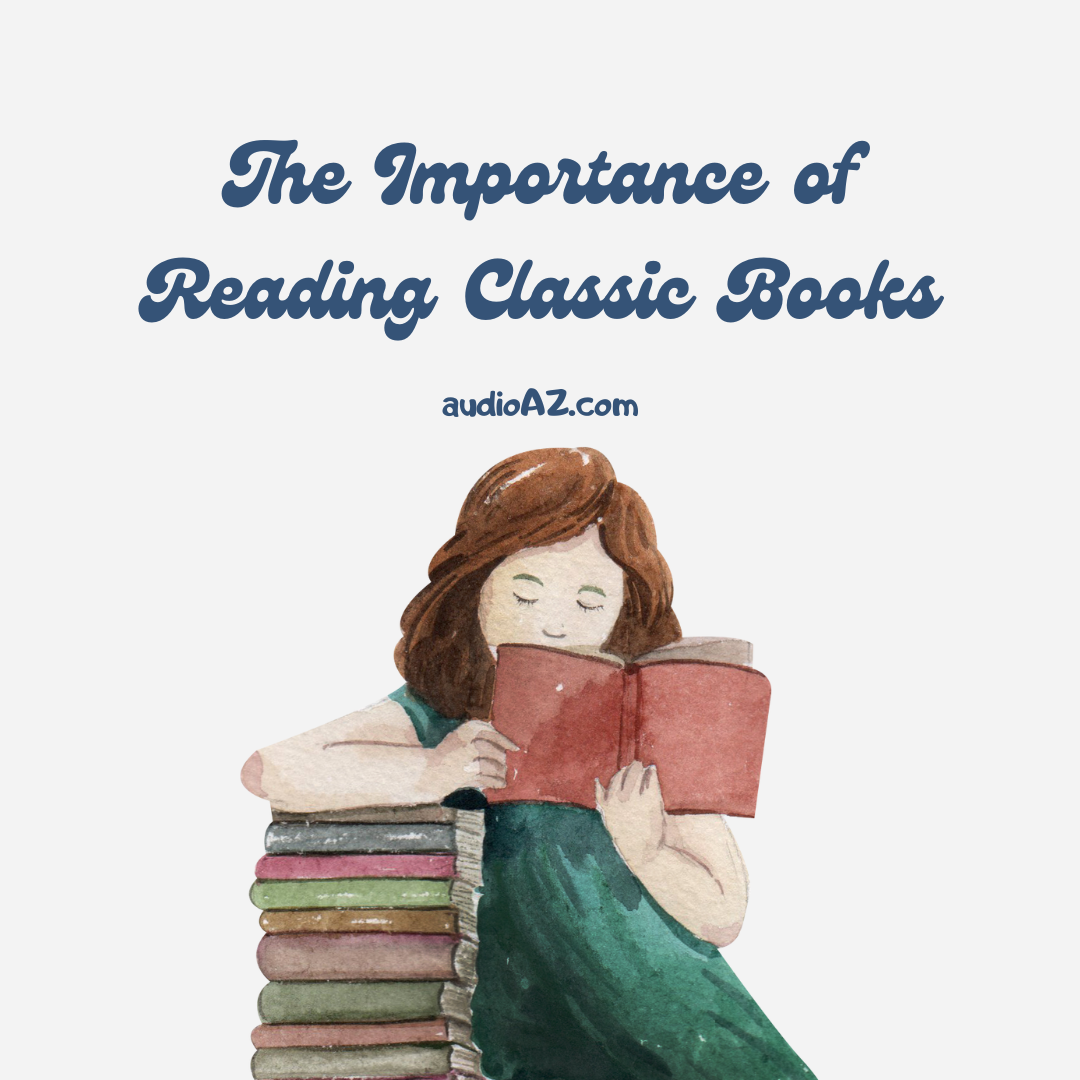Literature has been a fundamental part of human history, serving as a reflection of our culture and society. Classic books, in particular, offer readers a unique opportunity to delve into the past and gain insight into the values, beliefs, and attitudes of previous generations. In this article, we will explore the importance of reading classic books, as well as some of the most influential and enduring titles in literature.
Classic books have a timeless quality that transcends the era in which they were written. These books offer readers a glimpse into the world as it was and how it has changed. Reading classic literature allows us to connect with the past, providing a deeper understanding of our own history, society, and culture. It also helps us to appreciate the ways in which we have progressed, as well as the areas where we still have work to do.
One of the benefits of reading classic books is that they are often complex and challenging, requiring readers to engage their critical thinking skills. These books present complex ideas and themes that are still relevant today, such as social inequality, human nature, and the search for meaning. Reading these works can help us develop our critical thinking and analytical skills, as well as our ability to empathize with others.
Another advantage of reading classic books is that they are often beautifully written, showcasing the craftsmanship and artistry of the author. Classic literature is renowned for its poetic language, vivid descriptions, and rich symbolism, all of which contribute to the beauty of the text. Reading these books allows us to appreciate the artistry of language, as well as the power of words to move and inspire us.
Now, let's take a look at some of the most influential and enduring classic books that have stood the test of time. "Pride and Prejudice" by Jane Austen is a novel that explores the themes of love, marriage, and social class in 19th century England. "To Kill a Mockingbird" by Harper Lee is a powerful novel that tackles issues of racism and prejudice in the American South. "1984" by George Orwell is a dystopian novel that warns of the dangers of totalitarianism and the erosion of individual freedom.
"The Great Gatsby" by F. Scott Fitzgerald is a novel that examines the excesses and moral decay of the Roaring Twenties in America. "Moby Dick" by Herman Melville is a novel that explores the obsession and madness of a whaling captain in pursuit of the great white whale. "The Catcher in the Rye" by J.D. Salinger is a novel that delves into the themes of adolescence, alienation, and identity in post-World War II America.
"The Adventures of Huckleberry Finn" by Mark Twain is a novel that explores the themes of race, morality, and freedom in pre-Civil War America. "One Hundred Years of Solitude" by Gabriel Garcia Marquez is a magical realist novel that tells the story of the Buendia family and the fictional town of Macondo. "Wuthering Heights" by Emily Bronte is a novel that explores the destructive power of love and revenge in 19th century England.
Reading classic books is an important aspect of our literary heritage. These books offer us a window into the past, a chance to develop our critical thinking skills, and an appreciation for the artistry of language. By reading these books, we can deepen our understanding of our own history, society, and culture, and develop a greater empathy for others. So, pick up a classic book today and embark on a journey through time and literature.
Here are some of the most influential and enduring ones:
- "Pride and Prejudice" by Jane Austen
- "To Kill a Mockingbird" by Harper Lee
- "1984" by George Orwell
- "The Great Gatsby" by F. Scott Fitzgerald
- "Moby Dick" by Herman Melville
- "The Catcher in the Rye" by J.D. Salinger
- "The Adventures of Huckleberry Finn" by Mark Twain
- "One Hundred Years of Solitude" by Gabriel Garcia Marquez
- "Wuthering Heights" by Emily Bronte
- "Jane Eyre" by Charlotte Bronte
- "The Picture of Dorian Gray" by Oscar Wilde
- "The Scarlet Letter" by Nathaniel Hawthorne
- "Don Quixote" by Miguel de Cervantes
- "Crime and Punishment" by Fyodor Dostoevsky
- "Anna Karenina" by Leo Tolstoy
- "The Brothers Karamazov" by Fyodor Dostoevsky
- "The Canterbury Tales" by Geoffrey Chaucer
- "The Iliad" and "The Odyssey" by Homer
- "Frankenstein" by Mary Shelley
- "The Count of Monte Cristo" by Alexandre Dumas.
These books have withstood the test of time and have had a lasting impact on literature and culture.
